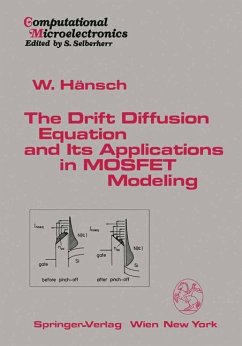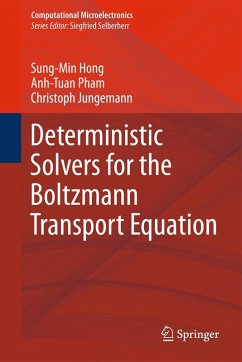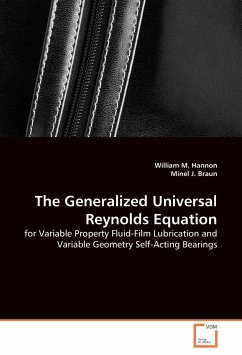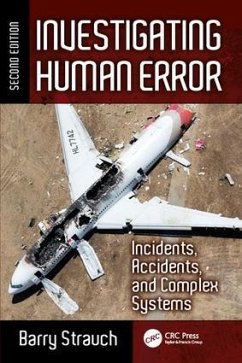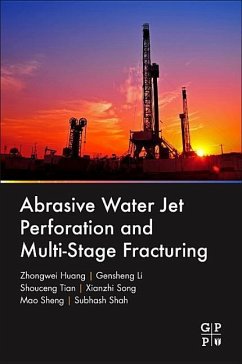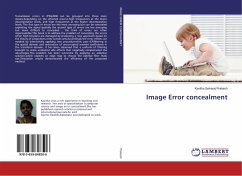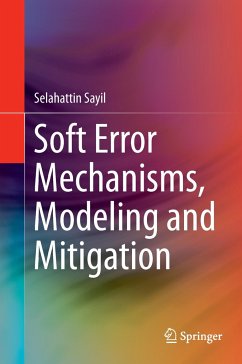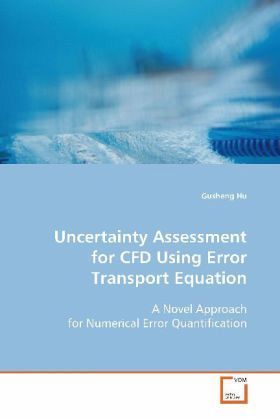
Uncertainty Assessment for CFD Using Error Transport Equation
A Novel Approach for Numerical Error Quantification
Versandkostenfrei!
Versandfertig in 6-10 Tagen
39,99 €
inkl. MwSt.

PAYBACK Punkte
20 °P sammeln!
Computational fluid dynamics (CFD) is beingextensively used to study physics of complex flowphenomena and to improve engineering designs.However, the degree of acceptance of CFD results isstill largely dependent on confidence building viacomparison with experiments. The so-called numericaluncertainty (or error) arising from a CFD simulationcan be due to a variety of error sources. The textcovers these numerical error related aspects with anemphasis on the discretization error in regard withits theoretical background and the commonly usedmethods for identification and estimation. A novelapproac...
Computational fluid dynamics (CFD) is being
extensively used to study physics of complex flow
phenomena and to improve engineering designs.
However, the degree of acceptance of CFD results is
still largely dependent on confidence building via
comparison with experiments. The so-called numerical
uncertainty (or error) arising from a CFD simulation
can be due to a variety of error sources. The text
covers these numerical error related aspects with an
emphasis on the discretization error in regard with
its theoretical background and the commonly used
methods for identification and estimation. A novel
approach, named error transport equation (ETE) method
is formulated, aiming at developing a generalized
algorithm that can be used in conjunction with CFD
codes to quantify the discretization error in a
selected process variable such as velocity and
temperature. It is demonstrated via verification
against exact solutions that the ETE technique is a
viable tool for quantifying mesh size related errors
on a single grid computation. The intended readers of
this book are researchers and engineers who are
interested in the uncertainty topic and particularly
the error quantification methods.
extensively used to study physics of complex flow
phenomena and to improve engineering designs.
However, the degree of acceptance of CFD results is
still largely dependent on confidence building via
comparison with experiments. The so-called numerical
uncertainty (or error) arising from a CFD simulation
can be due to a variety of error sources. The text
covers these numerical error related aspects with an
emphasis on the discretization error in regard with
its theoretical background and the commonly used
methods for identification and estimation. A novel
approach, named error transport equation (ETE) method
is formulated, aiming at developing a generalized
algorithm that can be used in conjunction with CFD
codes to quantify the discretization error in a
selected process variable such as velocity and
temperature. It is demonstrated via verification
against exact solutions that the ETE technique is a
viable tool for quantifying mesh size related errors
on a single grid computation. The intended readers of
this book are researchers and engineers who are
interested in the uncertainty topic and particularly
the error quantification methods.




